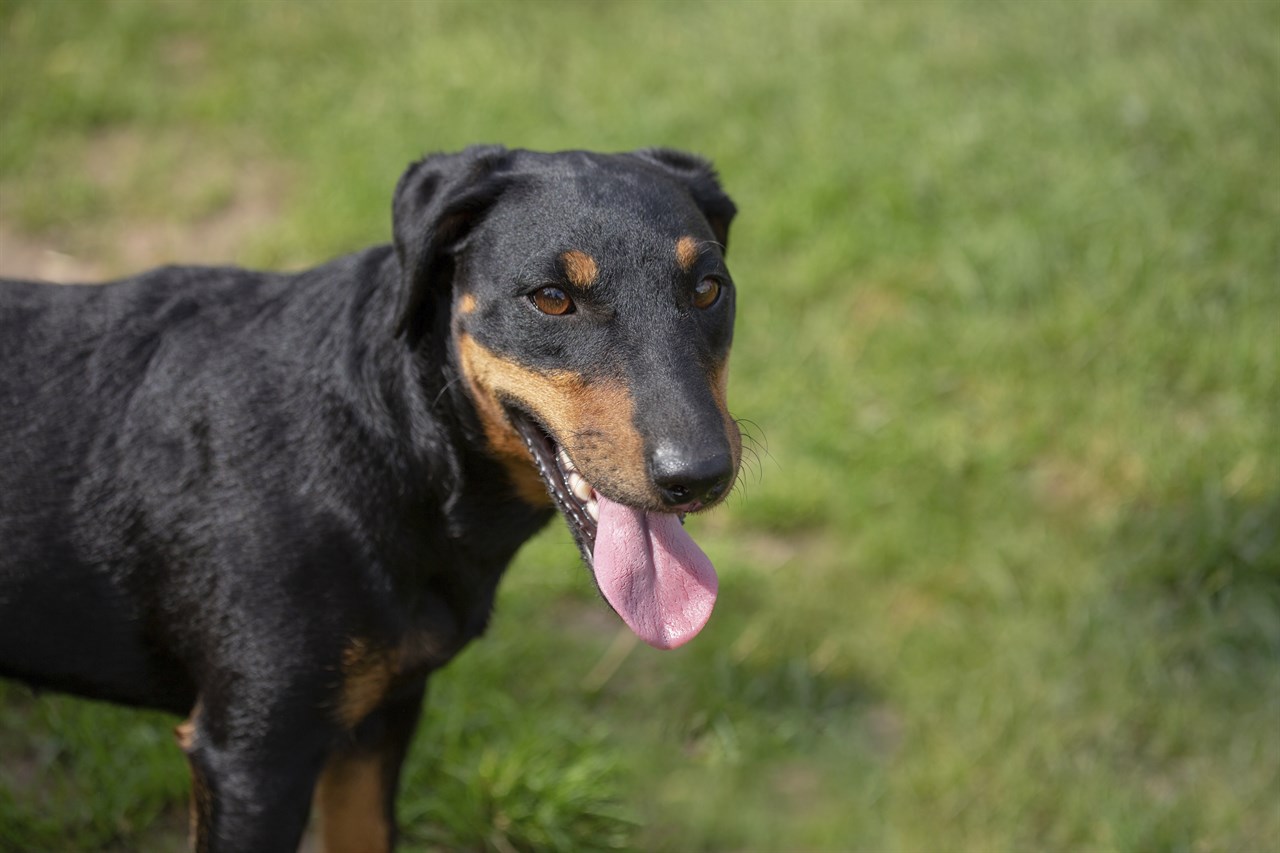Sleeping Requirements and Sleeping Habits of the German Hunting Terrier

The German Hunting Terrier, or Jagdterrier, has a coat that is relatively low-maintenance in terms of shedding. This Understanding the sleeping requirements and habits of your German Hunting Terrier, or Jagdterrier, is crucial for ensuring they get the rest they need to stay healthy and happy. Here's what you should know about their sleeping patterns:
Sleep Duration
Like all dogs, Jagdterriers require a significant amount of sleep to function at their best. On average, adult dogs need around 12 to 14 hours of sleep per day. Puppies and young dogs may need even more sleep, often up to 18 hours a day, to support their growth and development.
Adaptability
German Hunting Terriers are adaptable when it comes to their sleeping habits. They can adjust their sleep patterns to fit their owner's lifestyle, whether that involves being active during the day or having a more relaxed routine.
Active Lifestyle
Jagdterriers are known for their high energy levels and love for outdoor activities. Regular exercise and mental stimulation during the day can help ensure they sleep well at night. A tired dog is more likely to sleep soundly and restfully.
Comfortable Sleeping Area
Provide your Jagdterrier with a comfortable and safe sleeping area. A soft, supportive bed or crate can serve as their designated sleeping space. Make sure it's placed in a quiet and secure location where they can rest undisturbed.
Routine
Establishing a consistent daily routine can help your Jagdterrier know when it's time to sleep and when it's time to be active. Feeding, playtime, and exercise should all follow a predictable schedule.
Age-Related Sleep
Puppies and young dogs may sleep more than adult Jagdterriers, and their sleep patterns can vary throughout the day. Expect them to have shorter sleep cycles with more frequent waking to eat, play, and eliminate.
Nighttime Habits
German Hunting Terriers are adaptable to nighttime routines. If you want them to sleep through the night without disturbances, ensure they have a final bathroom break before bedtime and provide a quiet and dark sleeping environment.
Signs of Quality Sleep
Keep an eye out for signs of quality sleep in your Jagdterrier, such as relaxed muscles, slow and regular breathing, and occasional dream movements (e.g., twitching paws). These signs indicate that your dog is in a deep and restorative sleep.
Age and Health Considerations
As your Jagdterrier ages, their sleep patterns may change. Older dogs may sleep more and have different sleep needs. Additionally, certain health conditions or medications can affect their sleep habits, so consult with your veterinarian if you notice any significant changes.
In conclusion, understanding the sleeping requirements and habits of your German Hunting Terrier is essential for promoting their overall well-being. By providing a comfortable sleeping area, maintaining a routine, and ensuring they get adequate exercise and mental stimulation, you can help your Jagdterrier enjoy restful and rejuvenating sleep, allowing them to be at their best during their active waking hours.
German Hunting Terrier puppies for sale
- Find German Hunting Terrier puppies for sale in ACT
- Find German Hunting Terrier puppies for sale in NSW
- Find German Hunting Terrier puppies for sale in NT
- Find German Hunting Terrier puppies for sale in QLD
- Find German Hunting Terrier puppies for sale in SA
- Find German Hunting Terrier puppies for sale in TAS
- Find German Hunting Terrier puppies for sale in VIC
- Find German Hunting Terrier puppies for sale in WA